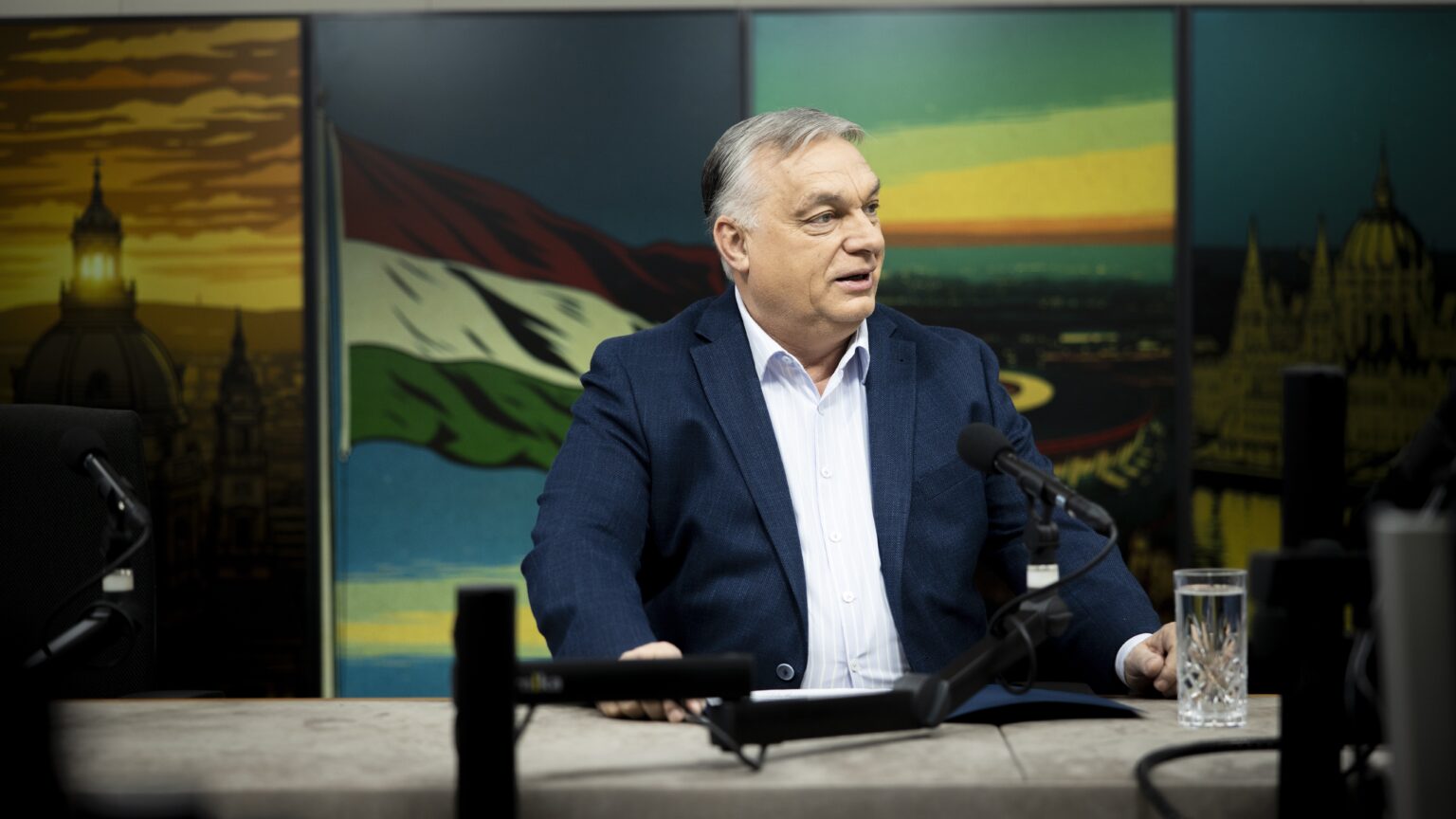
Prime Minister Viktor Orbán said European leaders led by Ursula von der Leyen agreed with President Zelenskyy to continue the war in Ukraine, warning that the conflict has no solution on the battlefield and is costing Europe heavily.
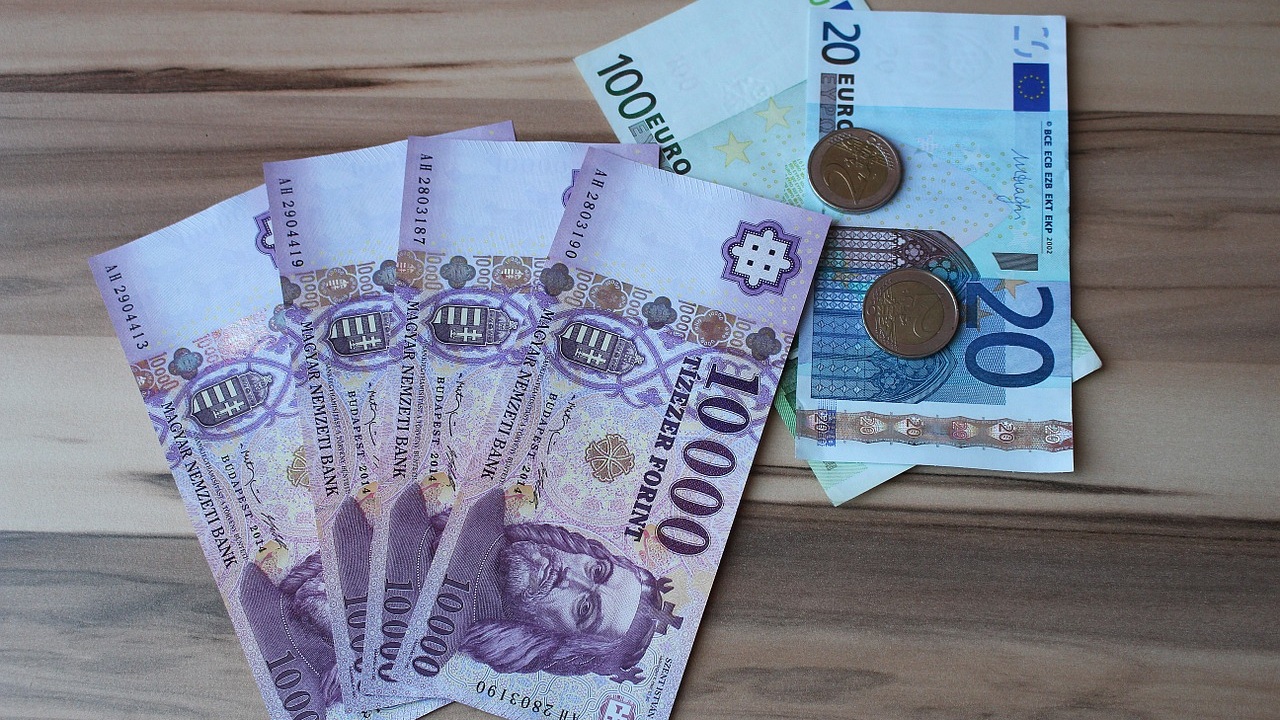
The Hungarian National Bank (MNB) has announced it is cutting its base interest rate by 25 basis points, from 6.5 per cent to 6.25 per cent. This is the first rate cut by the central bank since September 2024. The positive shift in monetary policy was precipitated by a favourable monthly inflation report for January and strong performance of the national currency forint on the foreign exchange markets.
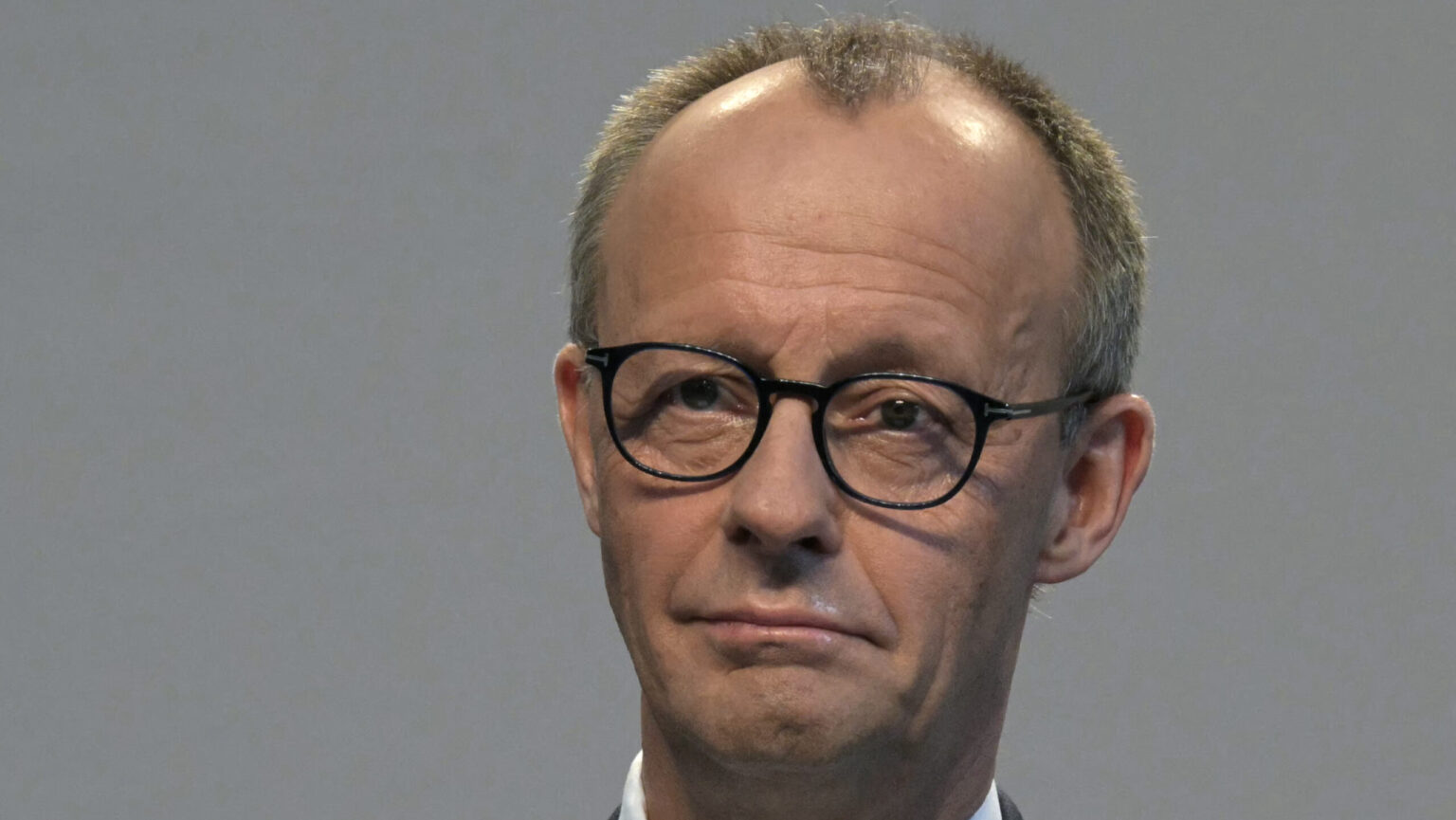
German authorities have launched a criminal investigation against a pensioner in Heilbronn for calling Chancellor Friedrich Merz ‘Pinocchio’ on Facebook, invoking a controversial law on insulting politicians. The case has reignited concerns over free speech in Germany.
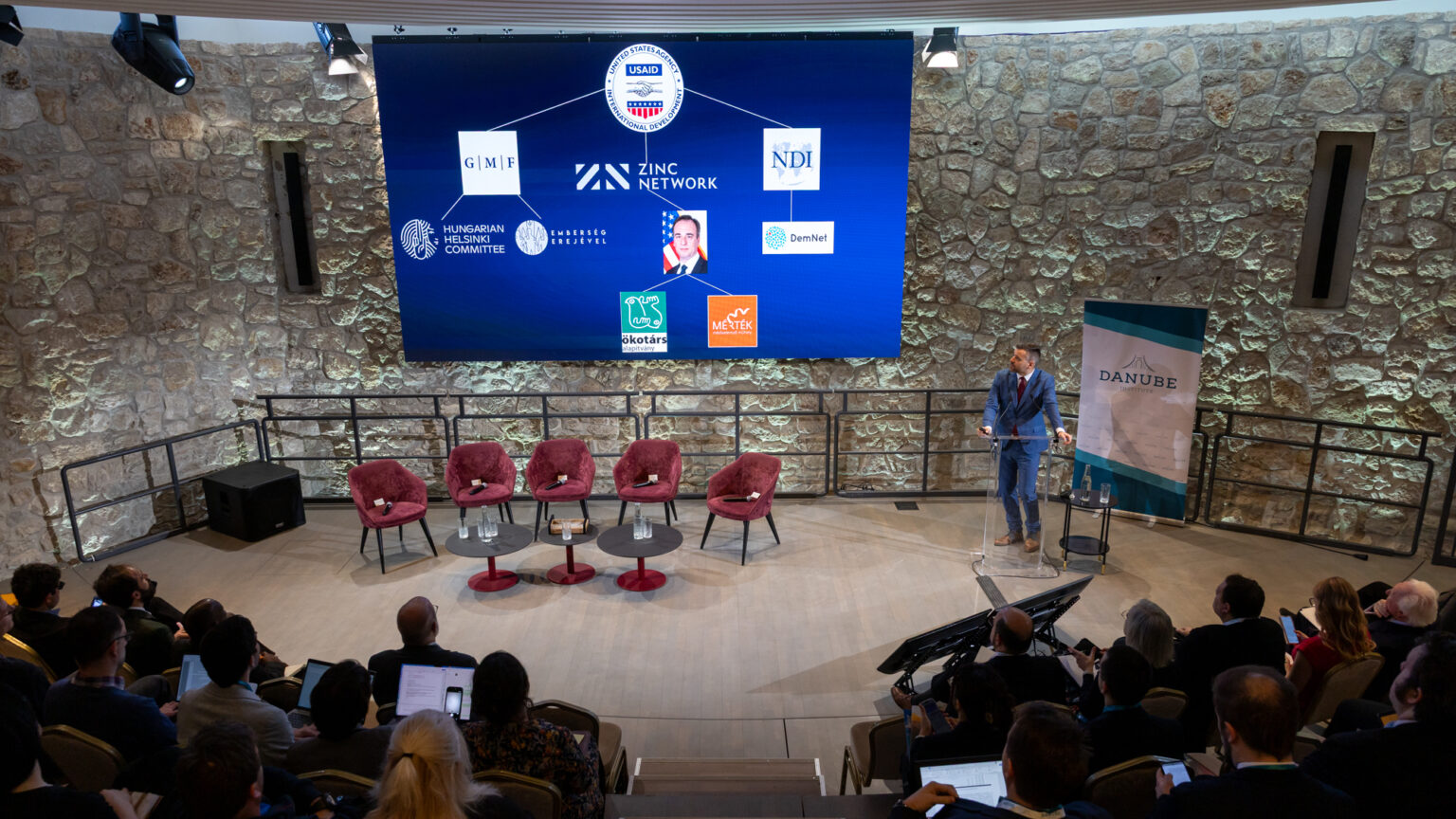
At the Danube Institute’s most recent event, MEP András László and a panel of experts have discussed how foreign aid agencies, such as the now-dismantled USAID, and ‘quasi-NGOs’ use foreign aid as a front to push a progressive agenda, as opposed to actually helping people in other nations.
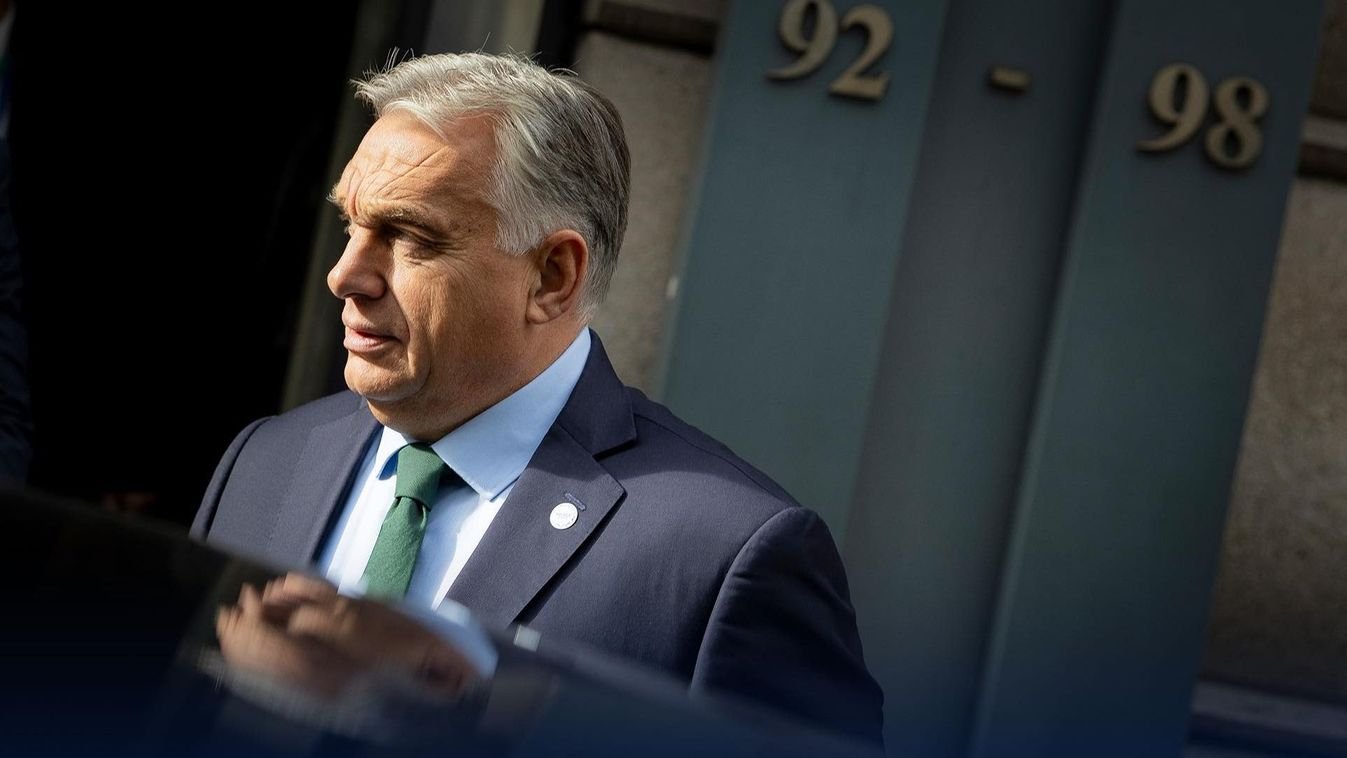
Viktor Orbán pushed back against criticism from António Costa over Hungary’s refusal to back a €90 billion loan to Ukraine, calling the situation ‘absurd’ after Kyiv halted oil transit through Druzhba. Budapest maintains it will not support any Ukraine-related decisions until energy flows are restored.
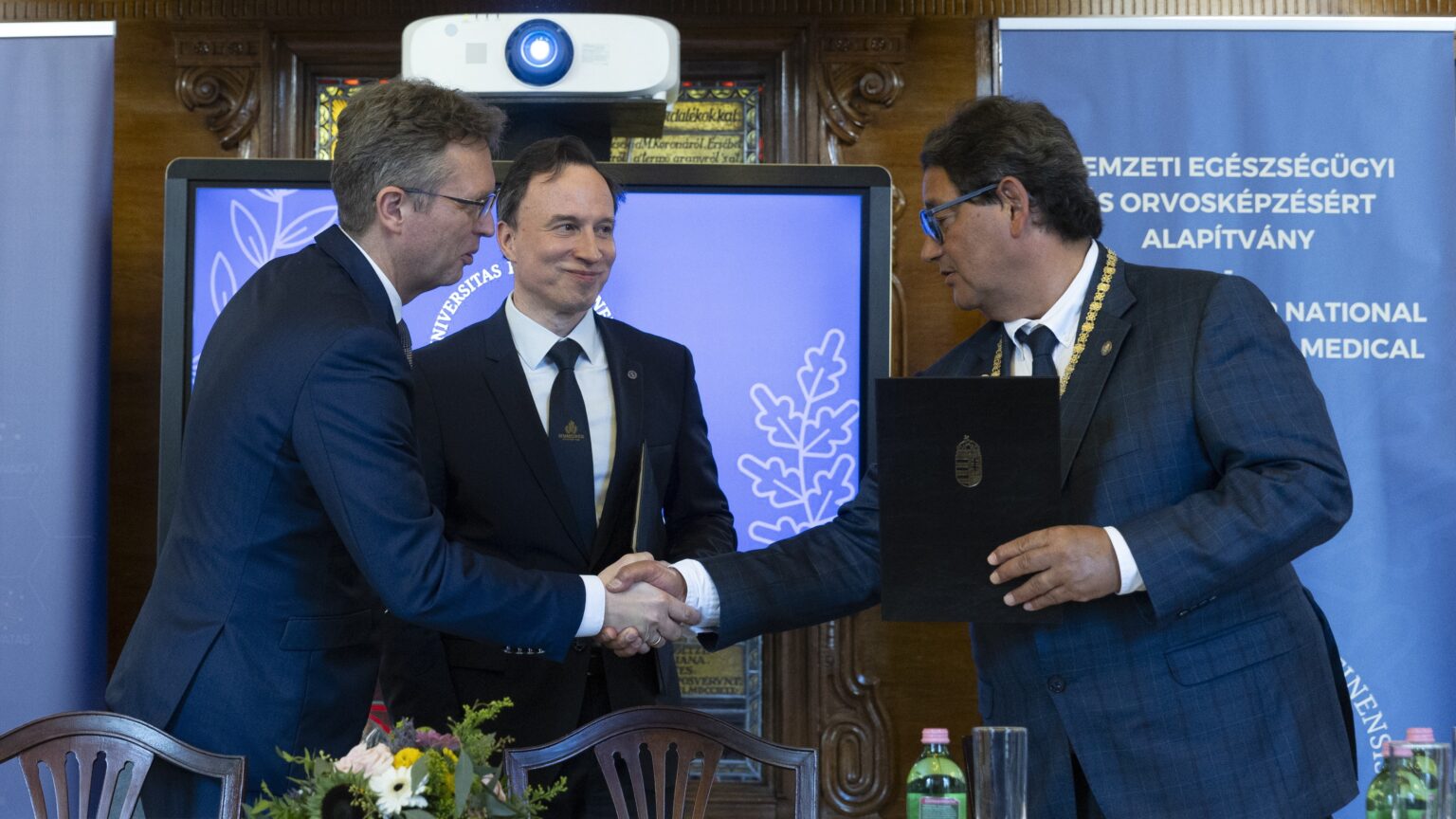
Hungary’s government has signed an agreement enabling cooperation between Semmelweis University and Harvard University, supporting joint training in Budapest and Boston as part of a plan to elevate the Hungarian institution among the world’s leading medical schools.
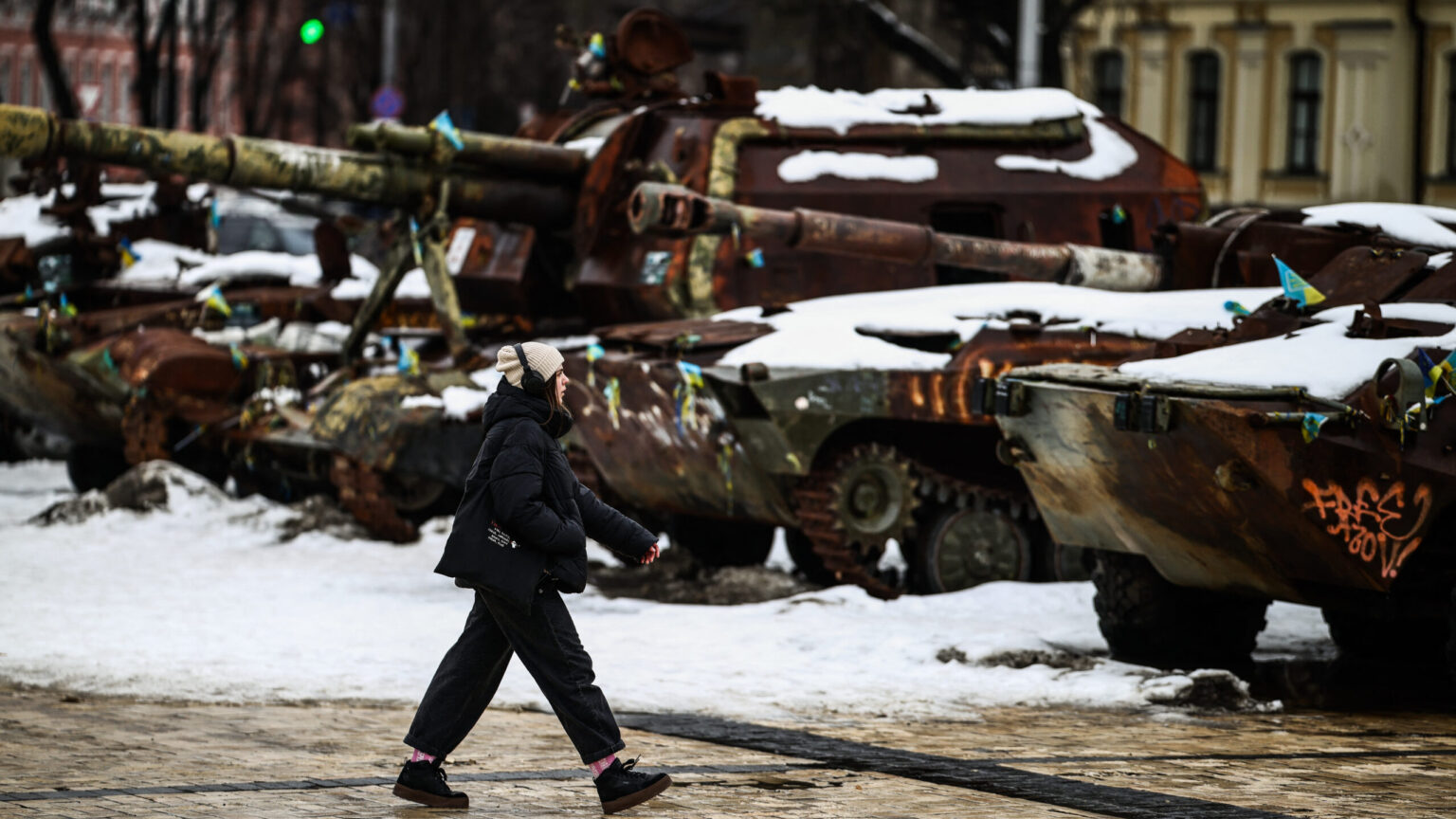
As the Ukraine war drags into its fifth year, the question is no longer whether negotiations are happening, but whether they can deliver peace. Hungarian Conservative asked four experts to assess the conflict, revealing deep divisions over whether current diplomacy signals progress—or merely manages an entrenched stalemate.

‘The fact that the Church is telling us to hear, as opposed to properly guide, those who have a same-sex orientation or claim that God created them inside the wrong body, thereby having the full right to surgically alter it, has become an endorsement of an ideology that also preys on minors.’
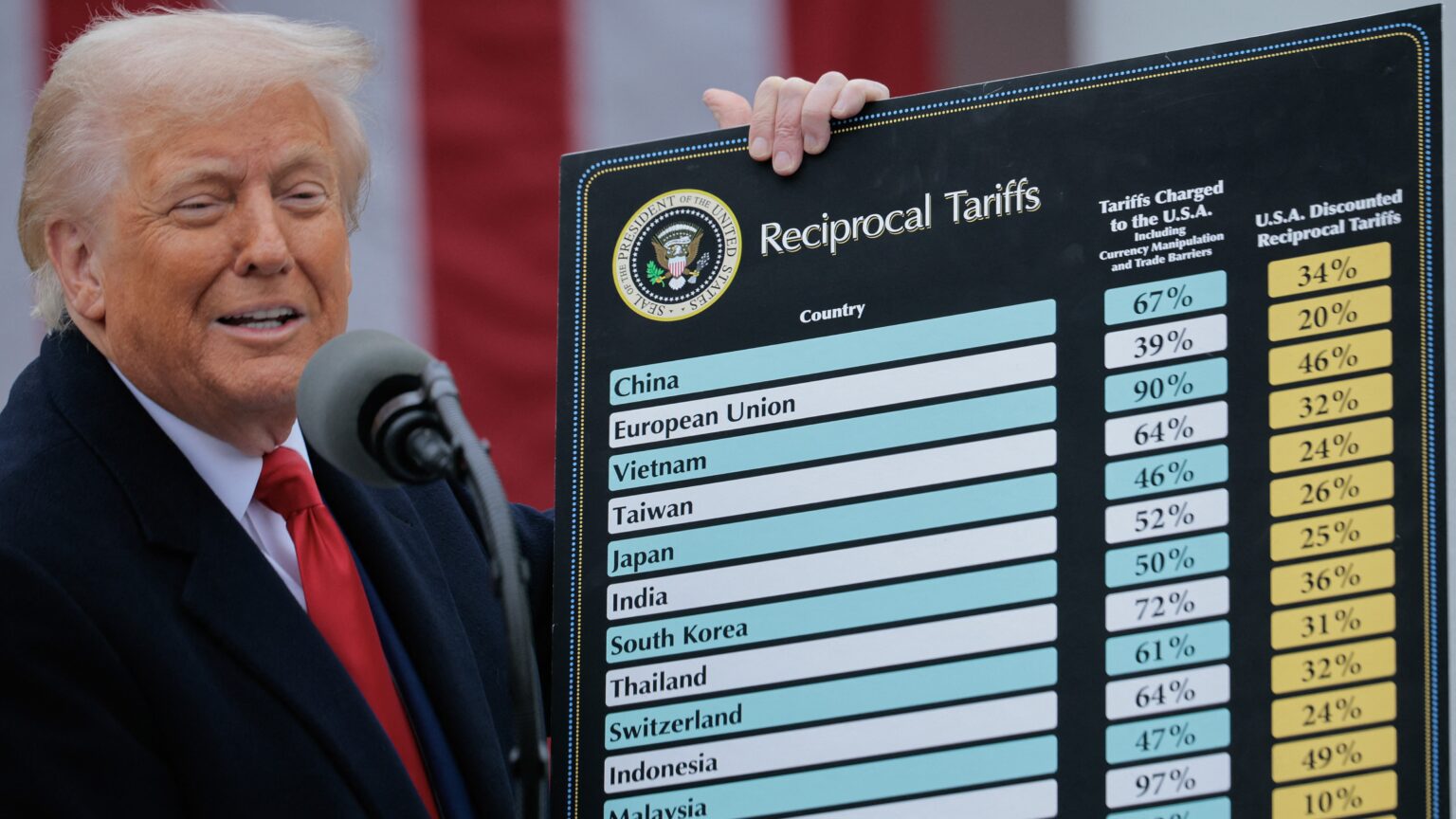
US Markets rose on Friday, after the United States Supreme Court ruled that President Donald Trump does not have unilateral tariff powers under the IEEPA. The ruling casts doubt on recent trade deals and sets up legal battles over roughly $180 billion in tariff revenue collected under the now-invalidated tariff rates.
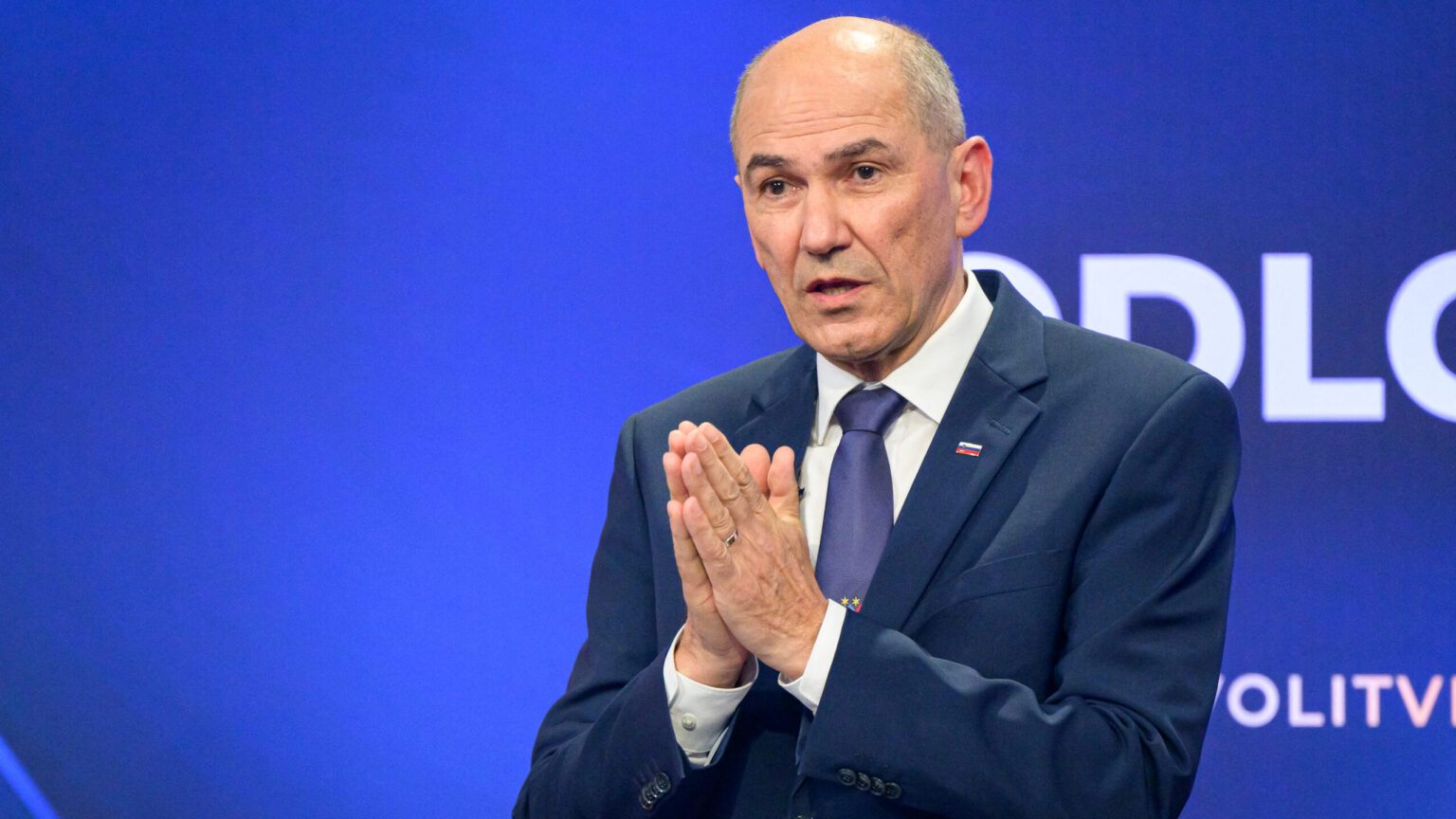
Janez Janša announced plans to pursue a constitutional overhaul if his Slovenian Democratic Party wins the upcoming election, stressing the need for a two-thirds majority. Polls suggest SDS leads the race with 20–28 per cent support, giving momentum to his bid despite fragmented opposition parties.

On the night of 22–23 February, Ukrainian drones hit the Kaleykino oil pumping station near Almetyevsk, Russia. The oil station is a major supplier of the Druzhba pipeline, which transports Russian crude oil to Hungary and Slovakia, further escalating tensions between Budapest and Kyiv. Energy infrastructure in the city of Belgorod, Russia, was also struck by Ukrainian drones on the same night.
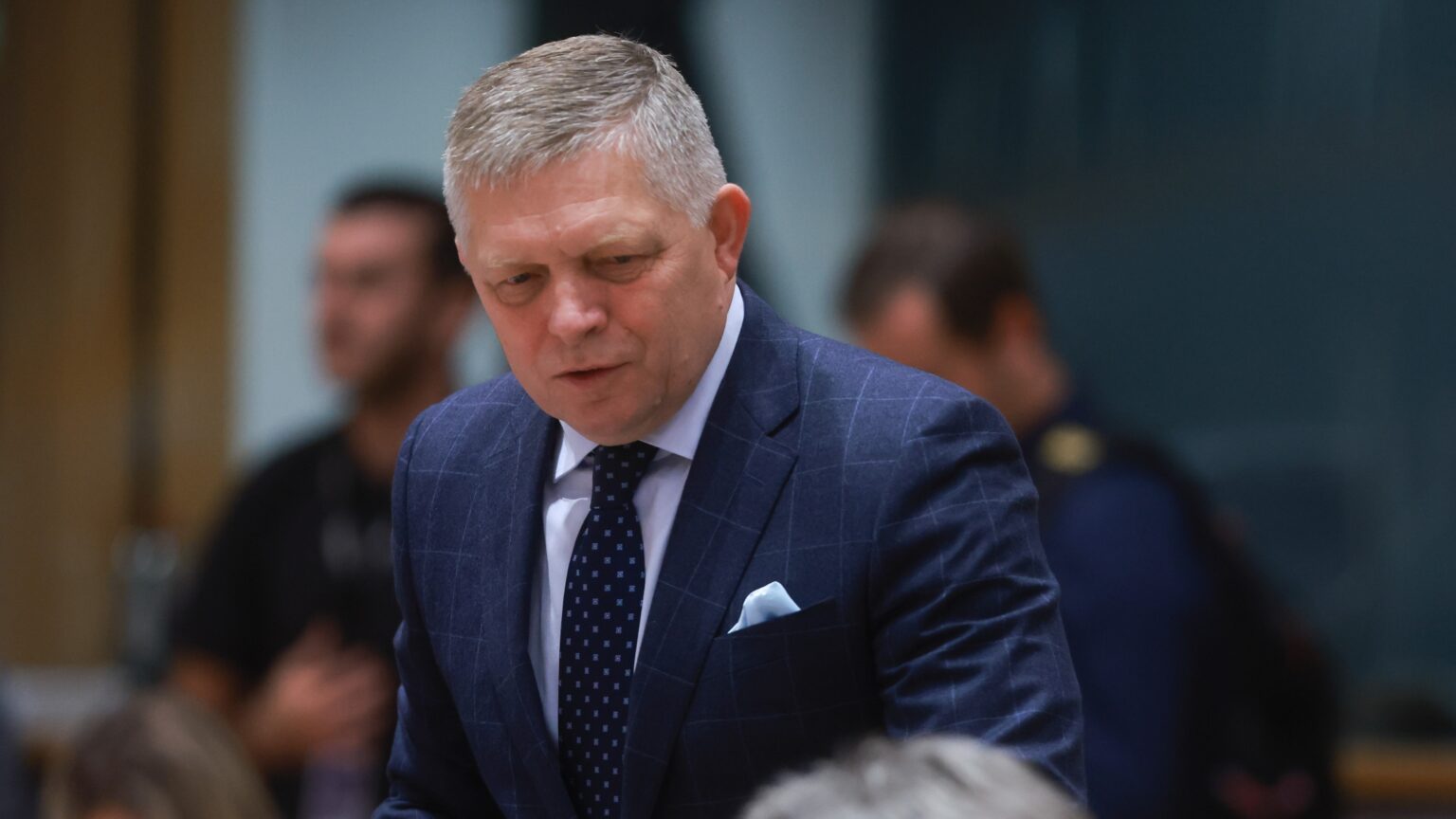
Slovak Prime Minister Robert Fico said he will ask the national grid operator to halt emergency electricity deliveries to Ukraine, escalating tensions linked to energy supplies and EU policy toward the war.
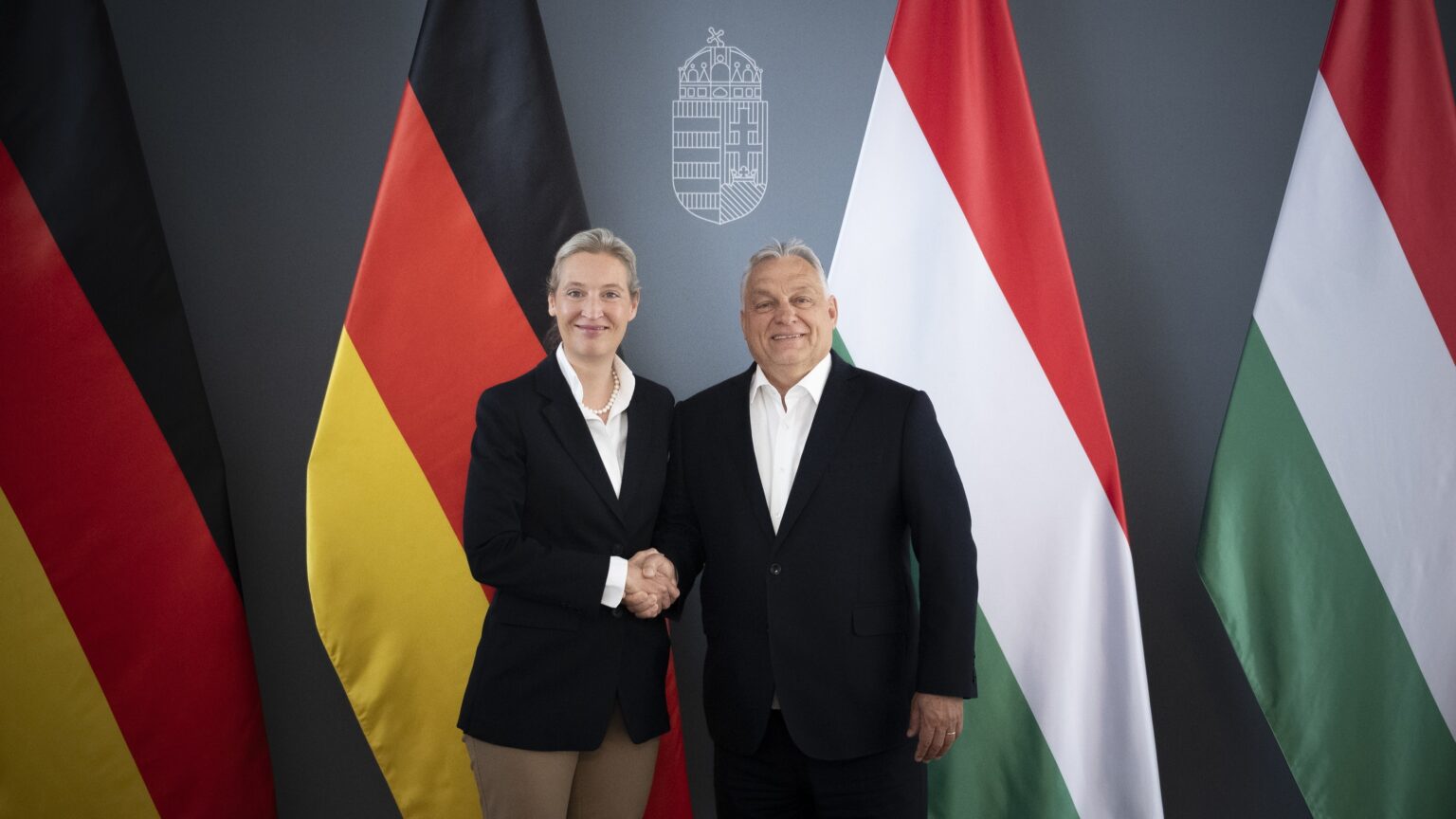
Co-Chairwoman of the Alternative for Germany (AfD) party Alice Weidel said Hungarian Prime Minister Viktor Orbán is the only guarantee that Ukraine will not join the European Union, arguing that the country does not meet accession requirements and calling for Europe to pursue peace talks with both sides in the war.
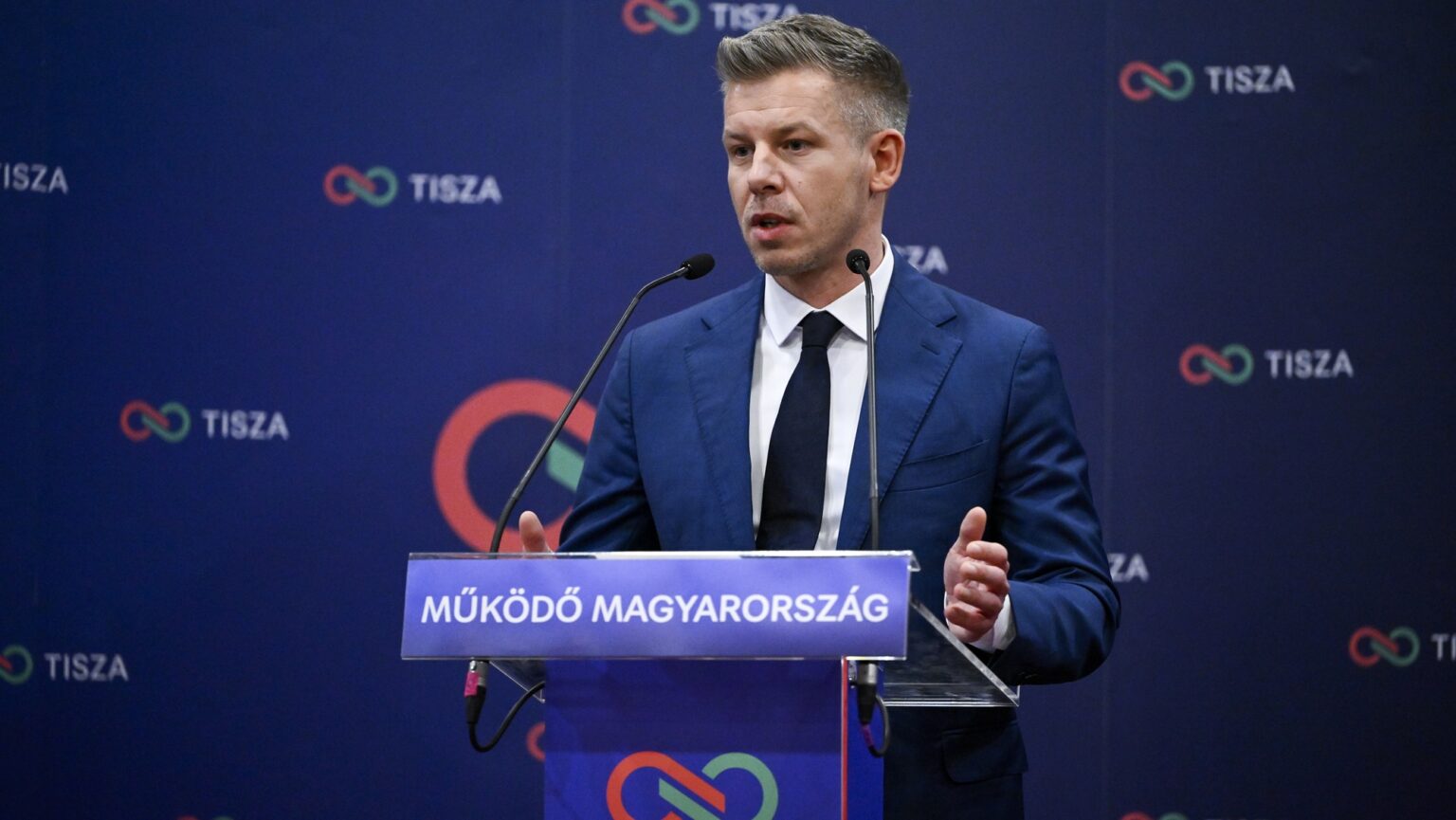
Péter Magyar of the Tisza Party claimed 250,000 signatures were collected on the first day. However, the Center for Fundamental Rights has reached out to Hungary’s National Election Office (NVI) for the official numbers, which revealed that Tisza had collected less than half of the claimed number, 110,000 by 4pm on the first day. By contrast, Viktor Orbán’s Fidesz party collected 196,000 signatures in the same period.
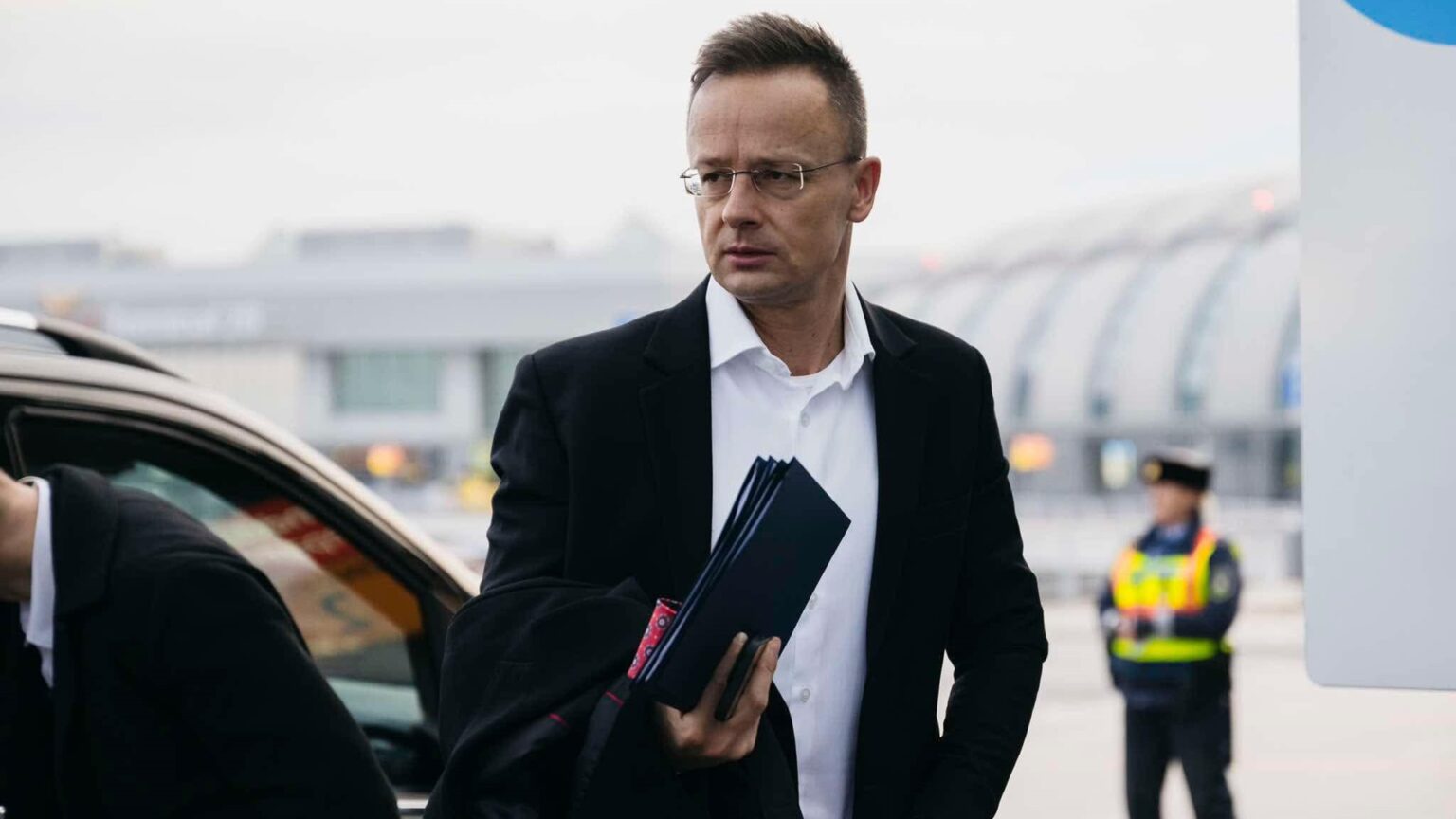
Hungarian Minister for Foreign Affairs and Trade Péter Szijjártó announced that Budapest will veto the EU’s 20th sanctions package unless Ukraine restores oil transit through the Druzhba pipeline. He argued the halt is political blackmail aimed at driving up fuel prices ahead of Hungary’s April election and influencing the outcome.
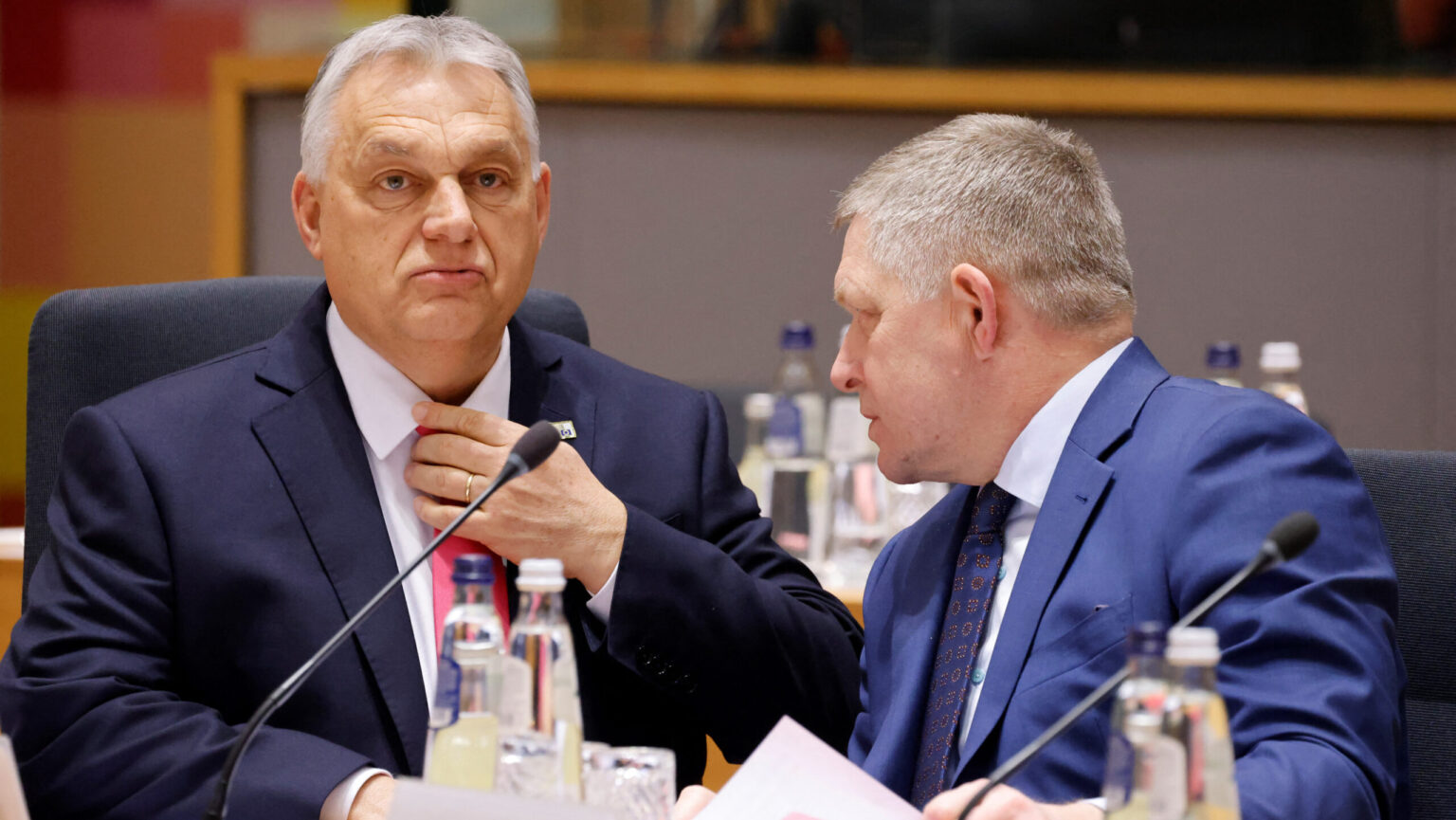
Hungary and Slovakia have escalated pressure on Ukraine to restore oil transit through the Druzhba pipeline, with Viktor Orbán threatening to block a €90 billion EU loan and Robert Fico warning to halt electricity exports. Kyiv has rejected the demands as ‘blackmail’, accusing both governments of acting irresponsibly and undermining regional energy security.
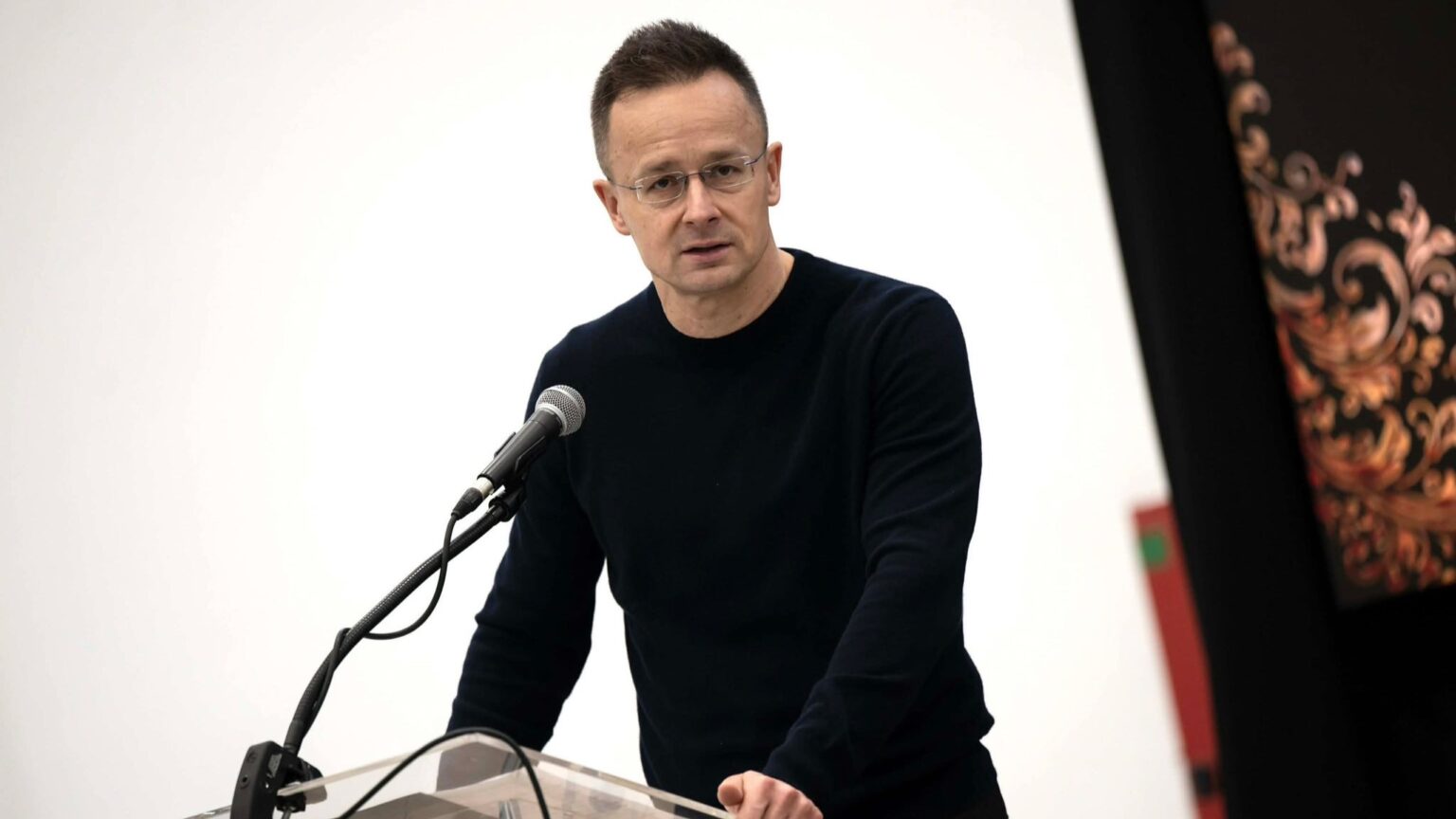
Hungary is building its future on children and maintaining strong family support policies, but current global uncertainties could make past achievements fragile, Foreign Minister Péter Szijjártó said at a conference in Demecser.
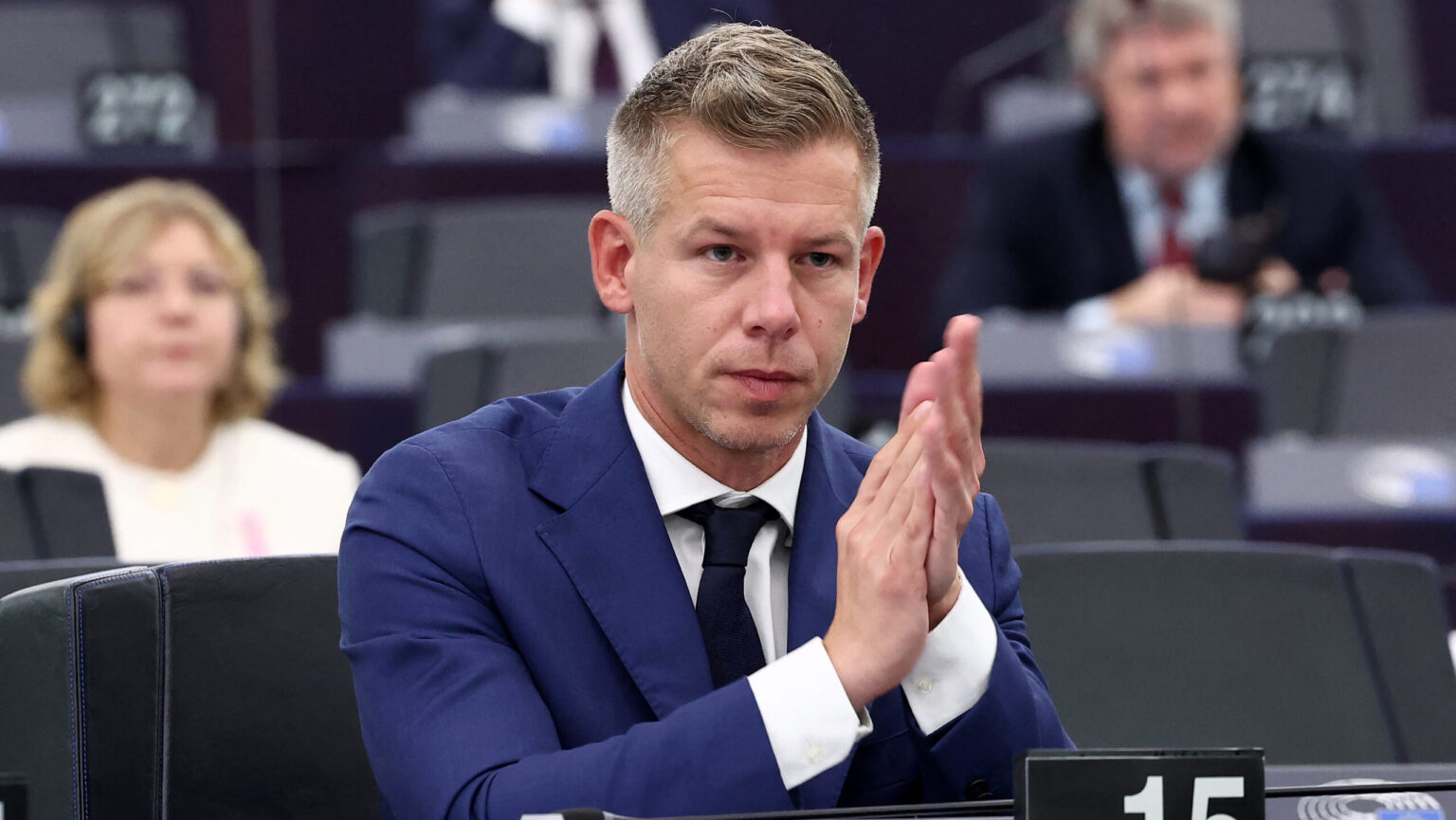
Hungarian opposition leader Péter Magyar announced that he will head Tisza’s national list in April, formalizing what had long been obvious after nearly two years as the party’s sole public voice. Stating that he is ready to serve Hungary, Magyar and Tisza are deeply integrated into the EU establishment and are expected to align with it on issues such as Ukraine’s accession and migration.
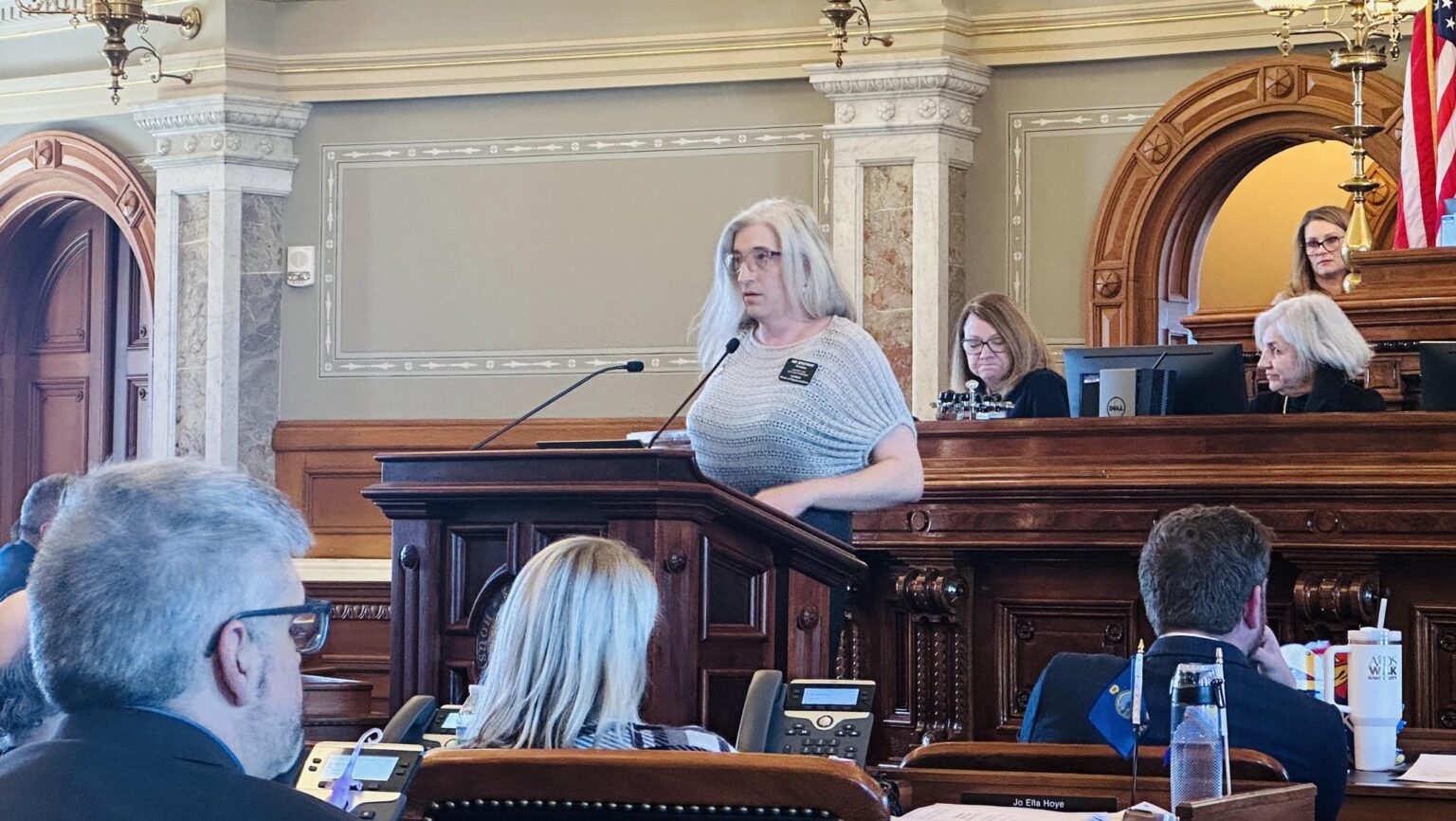
The Kansas House overrode Governor Laura Kelly’s veto of a bill restricting public bathrooms and locker rooms to biological sex, prompting an outburst from transgender Democratic Representative Abi Boatman. Claiming that men want to ‘police our bodies’ through the bill, Boatman was quickly grilled on social media.
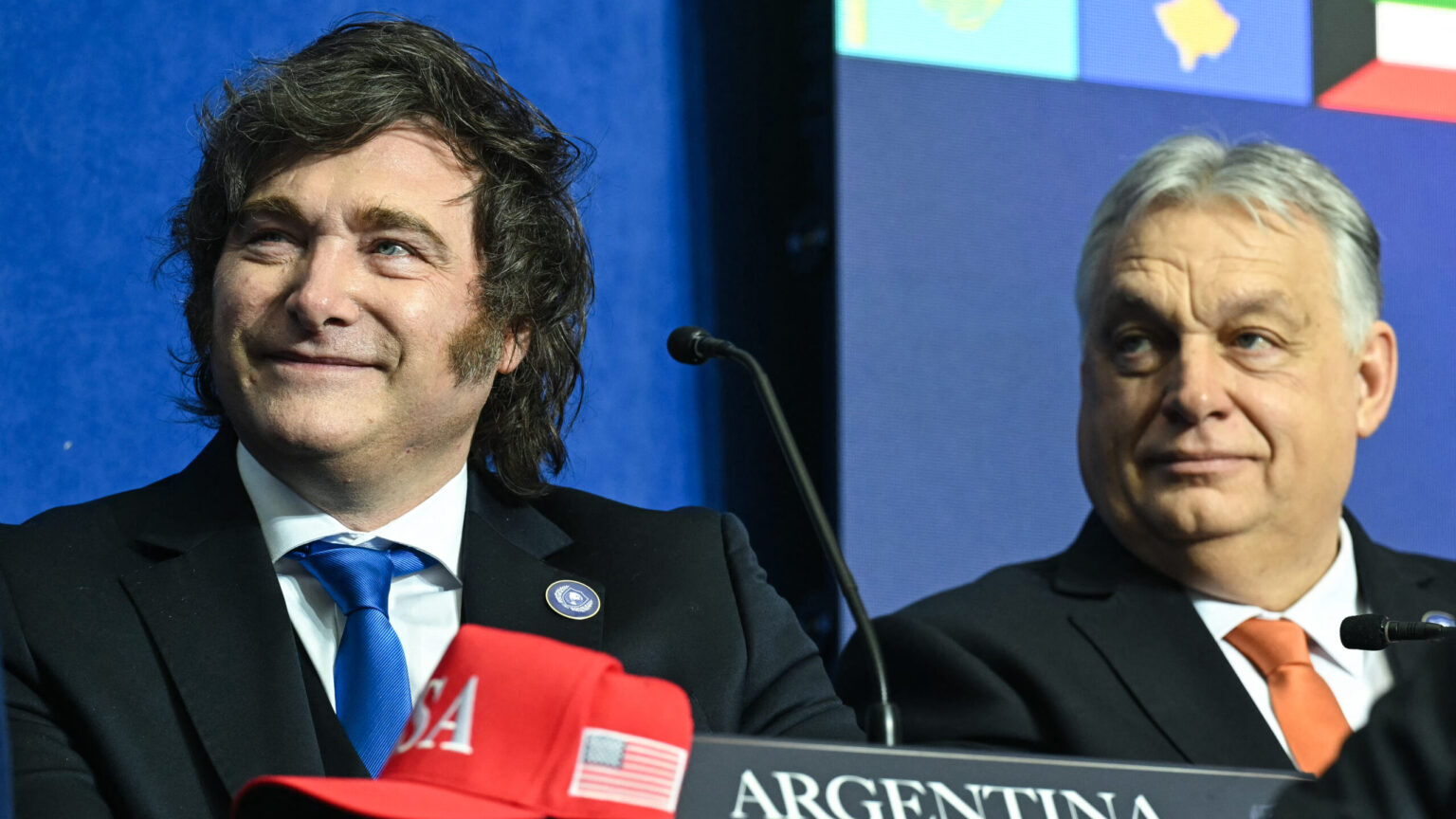
A viral video of Viktor Orbán and Javier Milei sharing a light-hearted moment at the Board of Peace inauguration has drawn widespread attention, with social media users describing the two leaders as ‘best friends in class’. During the same event, Donald Trump endorsed Orbán for re-election ahead of the upcoming parliamentary election in April.
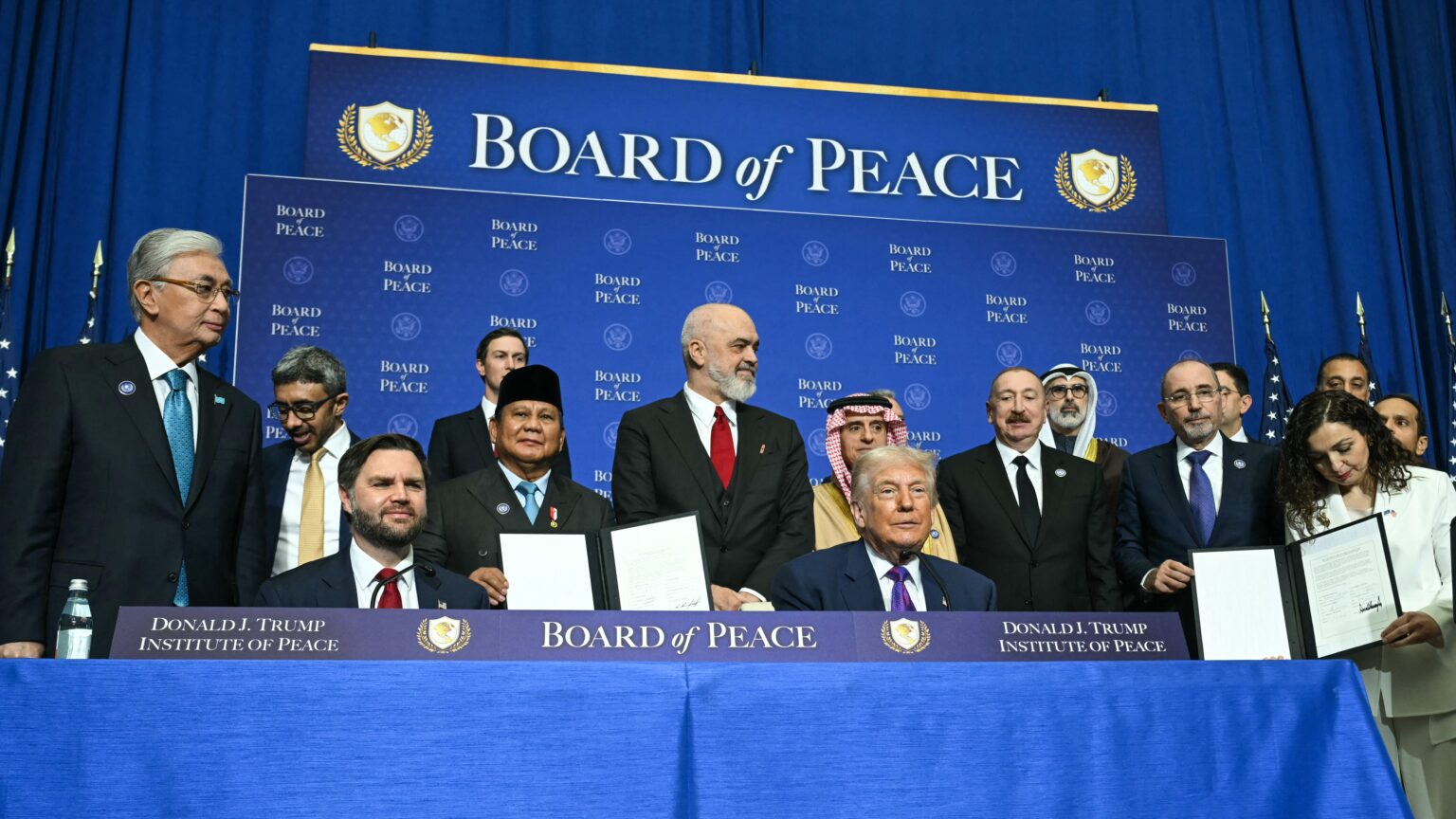
Donald Trump has raised more than $17 billion in less than a month to support the work of the Board of Peace in Gaza. Among the European Union member states, only Hungary was represented at prime ministerial level at the inaugural meeting in Washington.
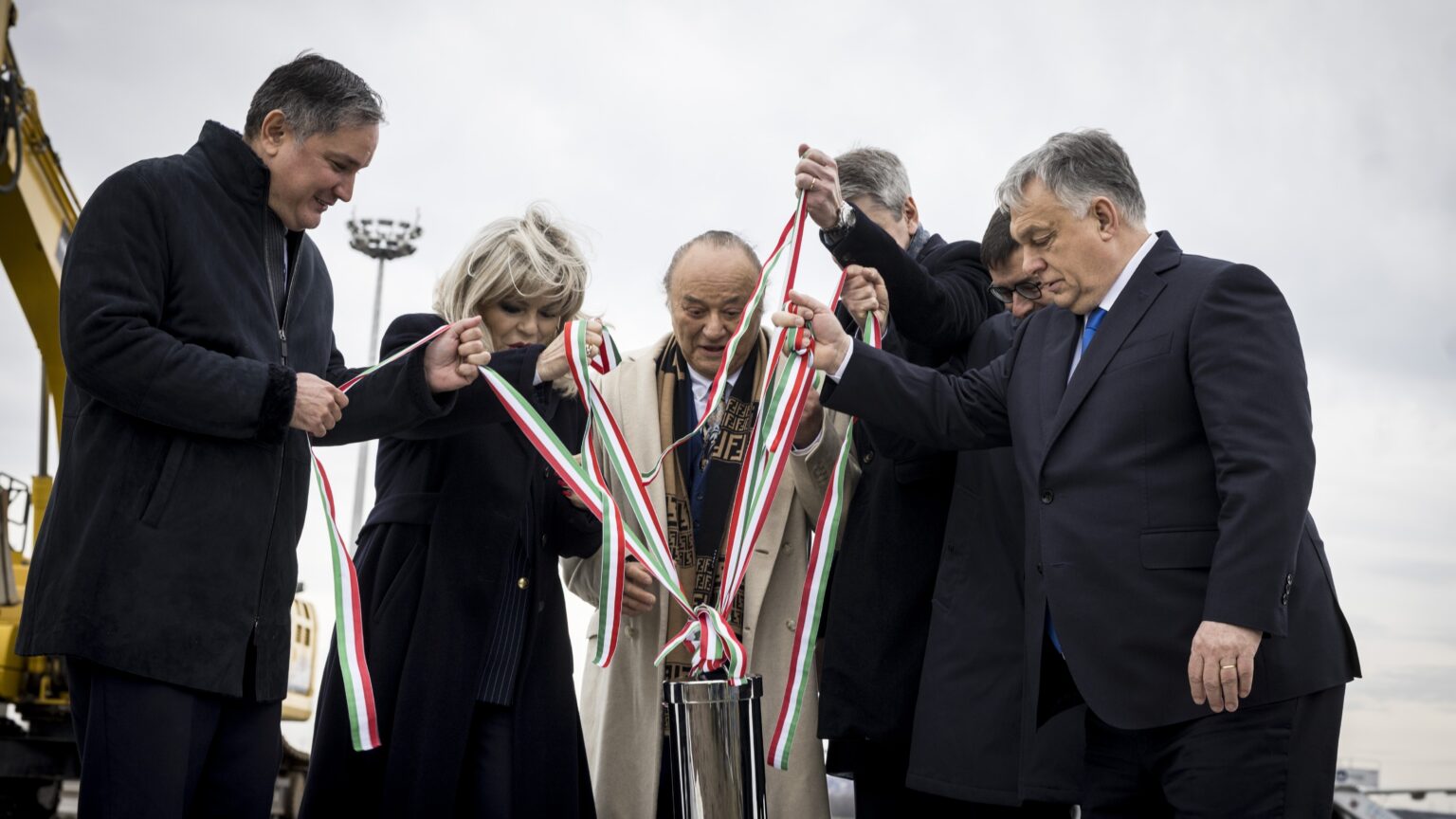
After returning from a short visit to Washington, Viktor Orbán announced major expansion plans at Budapest’s main airport, laying the foundation stone for Terminal 3 and highlighting the importance of keeping strategic investments in Hungarian ownership.
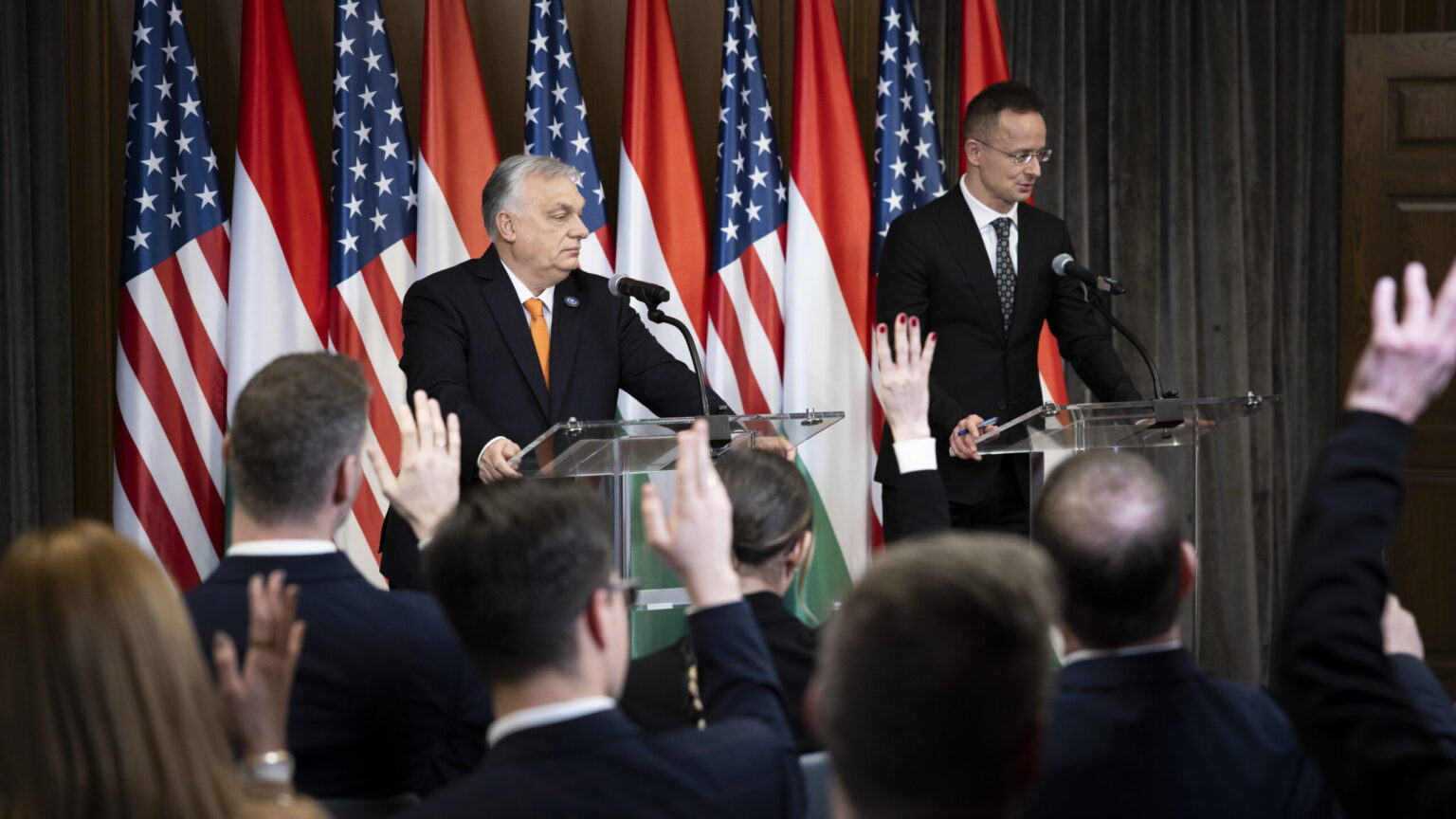
Viktor Orbán called on Brussels to act after Ukraine halted Druzhba oil transit, describing the move as political coercion against Hungary and Slovakia. He further said that Kyiv is intervening in Hungary’s upcoming election to install a compliant government, arguing that in dangerous periods, stability depends on trusted alliances and experienced leadership.
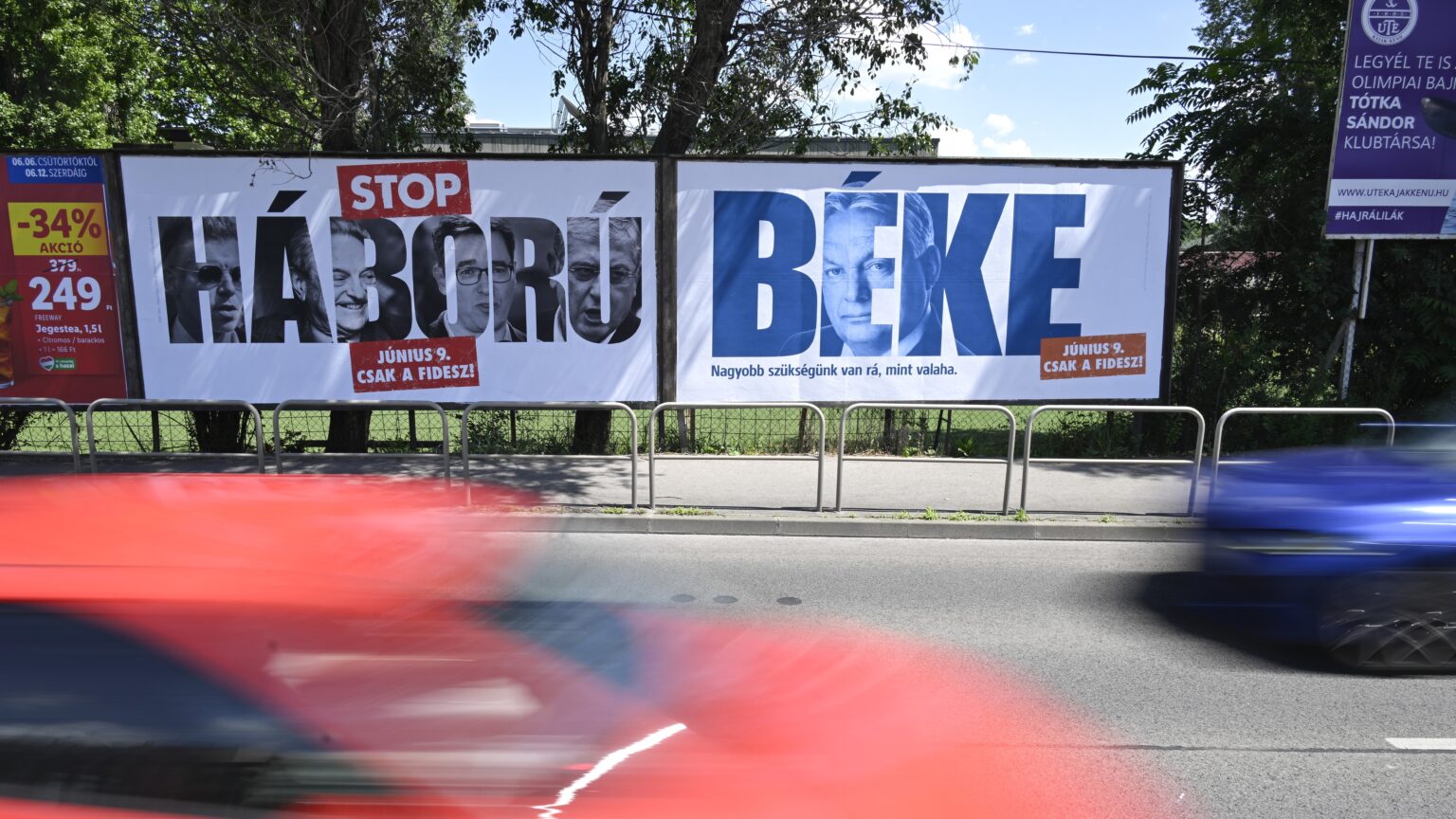
Hungary’s official campaign period for the 12 April parliamentary election begins Saturday, allowing voters to endorse candidates and enabling parties and nominees to launch campaign activities under rules set by election law.
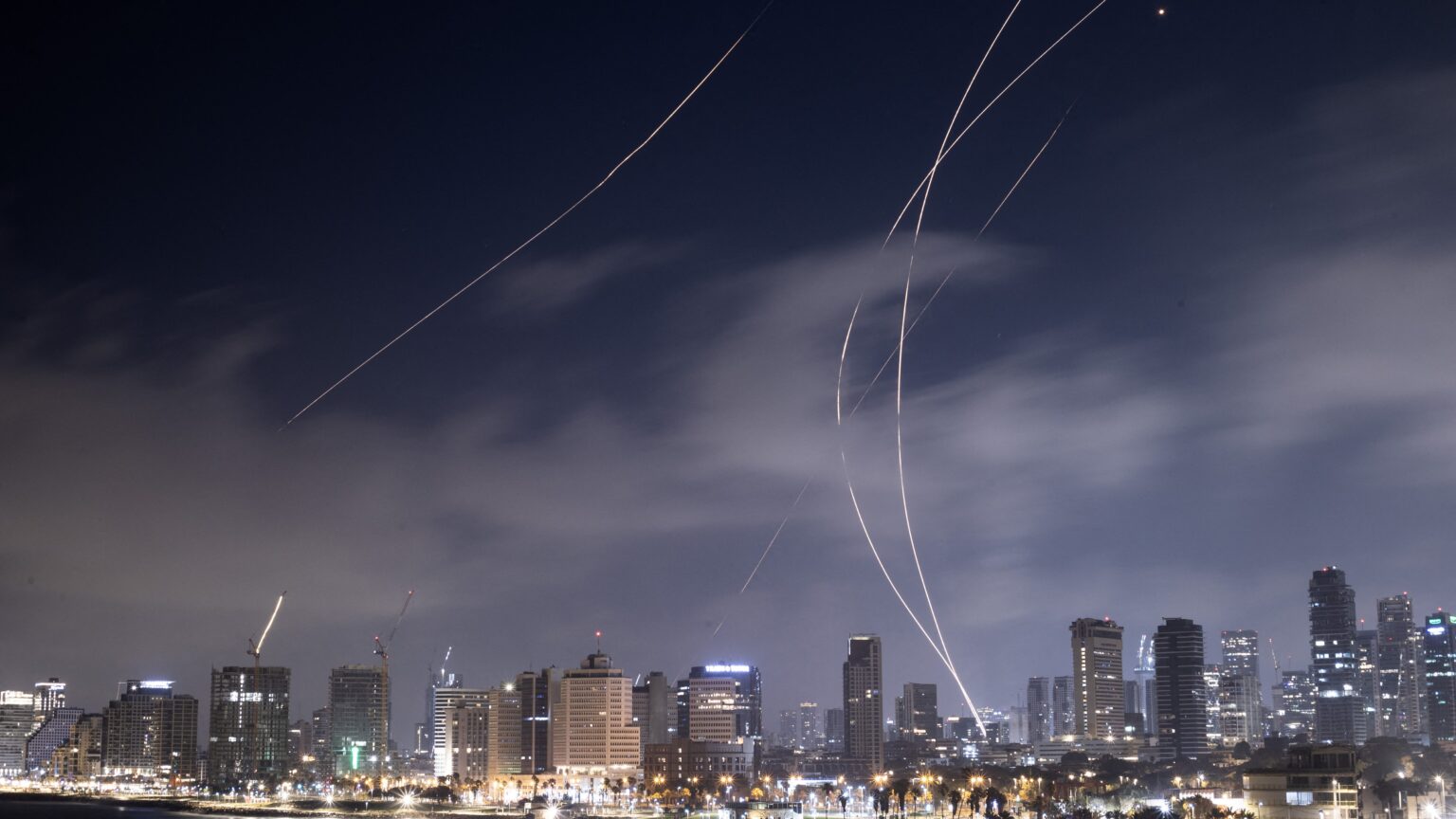
‘I would not be surprised if they try to strike with missiles beyond the Middle East,’ the Israeli expert said before specifically highlighting the Hungarian capital as a potential Iranian target.
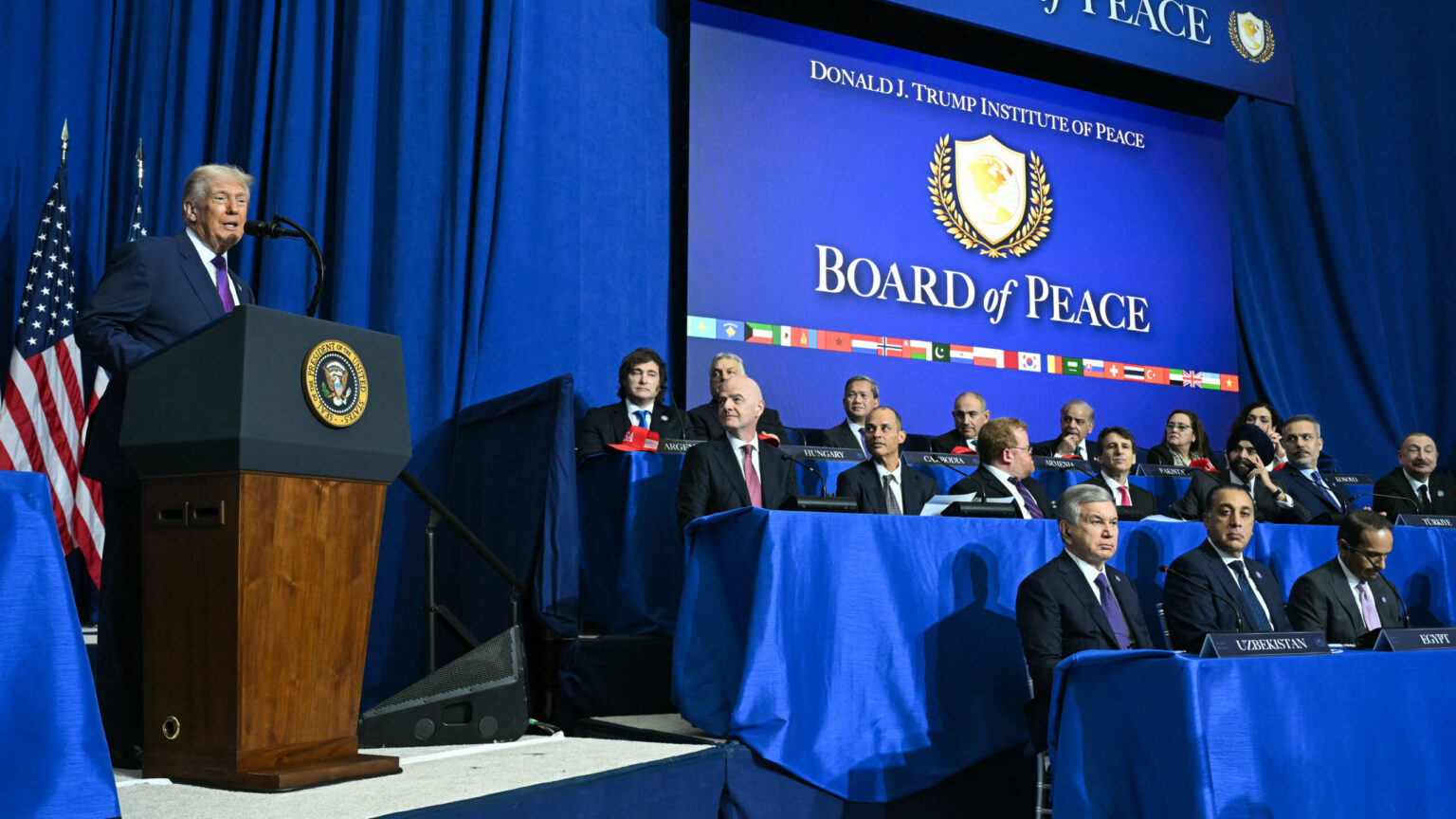
US President Donald Trump issued a ‘complete and total endorsement’ of Hungarian Prime Minister Viktor Orbán ahead of April’s parliamentary election, praising his stance on migration during the inaugural meeting of the Board of Peace in Washington. The endorsement comes as US officials increasingly highlight Orbán’s strategic importance for American interests in Central Europe.
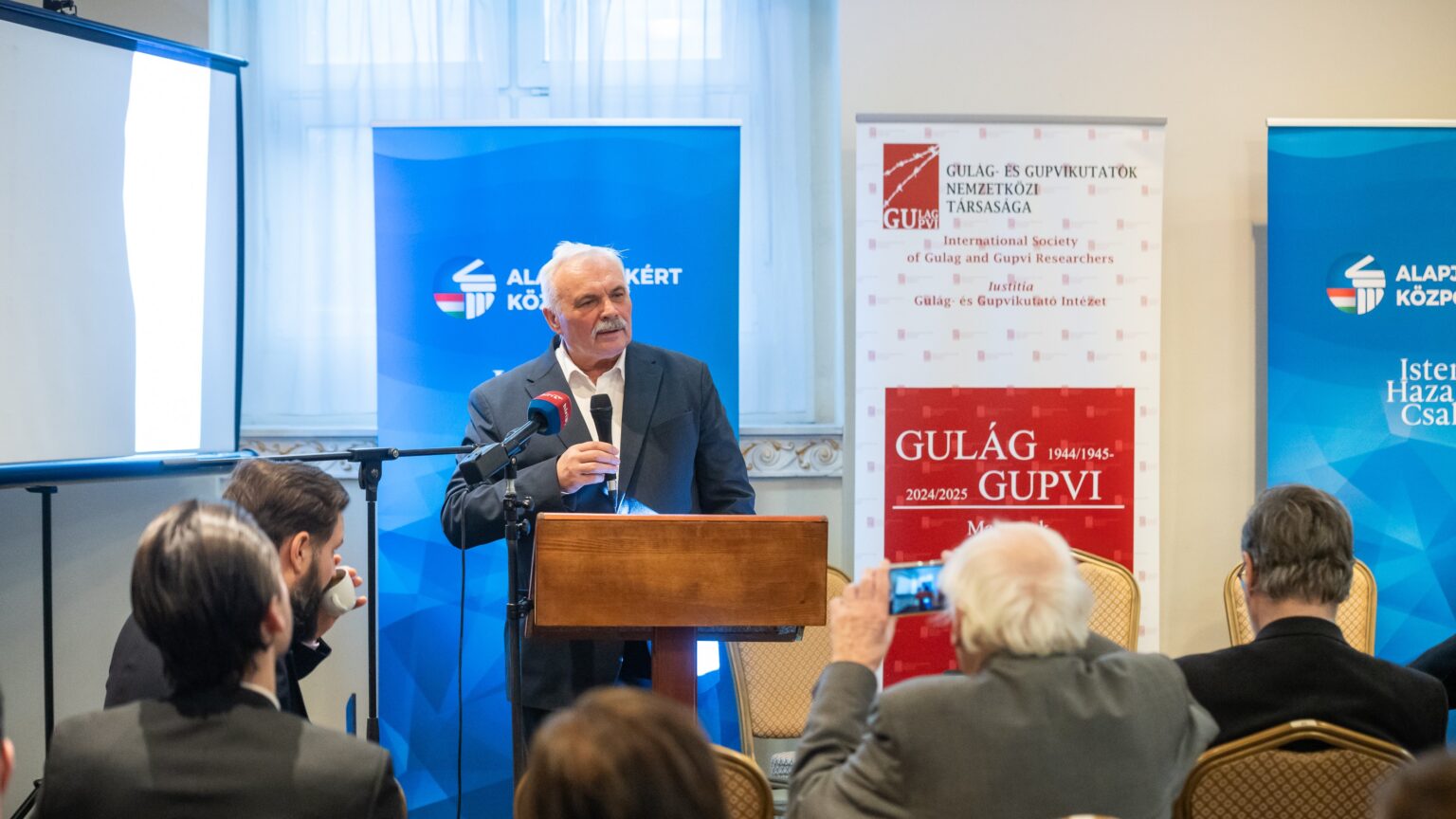
The International Society of Gulag Researchers, with the Transcarpathian Alliance and the Center for Fundamental Rights, hosted the launch of The Human Cost of War, about the relocation of one million Hungarians to Soviet forced labour camps after World War II, known as ‘Malenkiy Robot’. Speakers commemorated the victims and drew parallels with the escalation of the Russo–Ukrainian war.
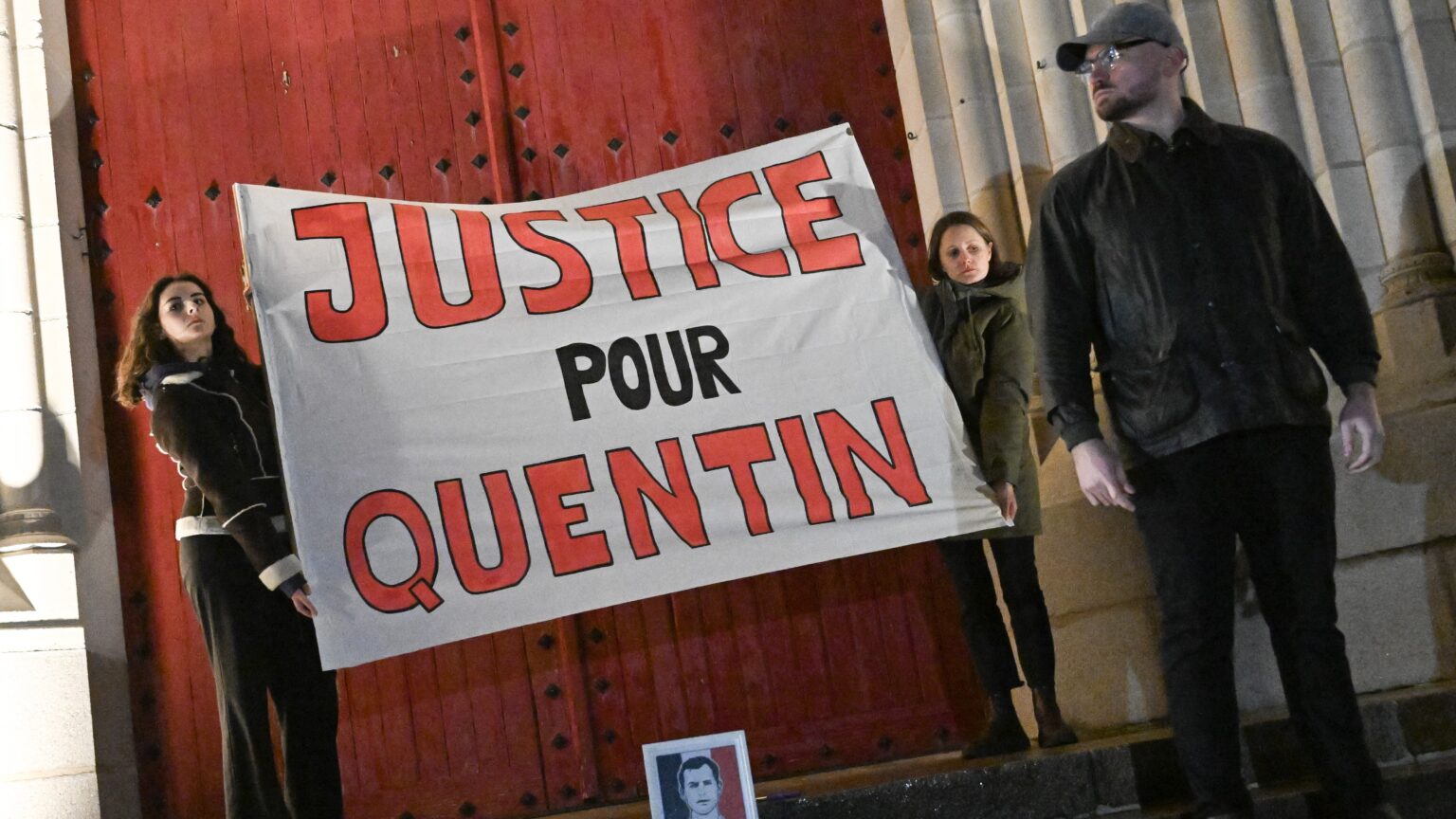
‘The violent activists of the radical left group were closely associated with the La France Insoumise (LFI) party, which is now under fire for the beating. The Young Guard, the anti-fascist group that is responsible for the attack on Quentin’s life, was founded by Raphaël Arnault, who serves as LFI’s representative in the National Assembly.’

Mewgenics shocked the internet by selling over a million copies after a week of its release. While it may come as a surprise, if one looks into the effort by the developers to make the game widely known, the success is well deserved.
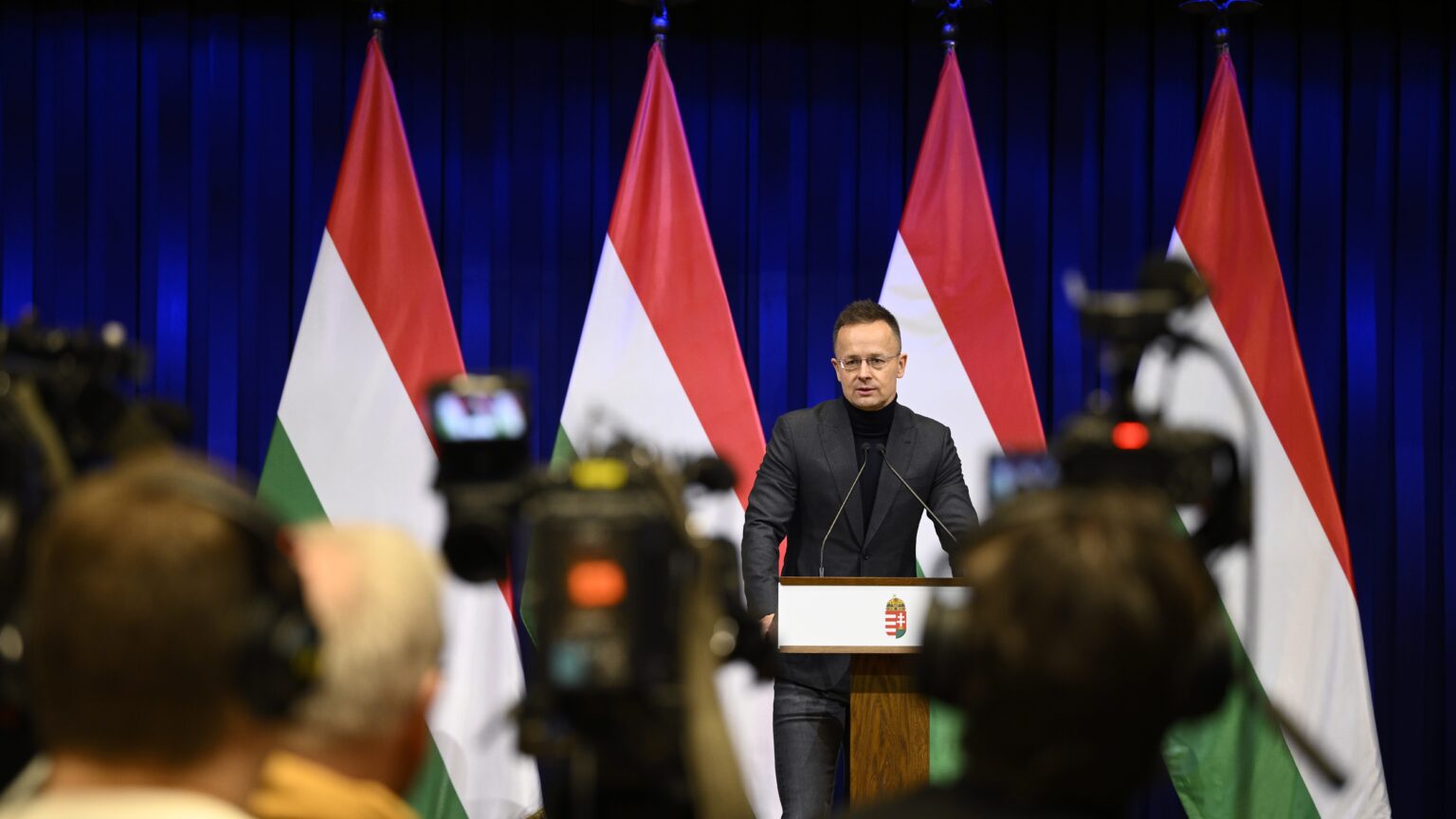
Hungary has a place in the newly formed Peace Council based on both its principles and interests, as the initiative could help efforts to end conflicts beyond Gaza, including the war in neighbouring Ukraine, Foreign Minister Szijjártó Péter said in Washington.